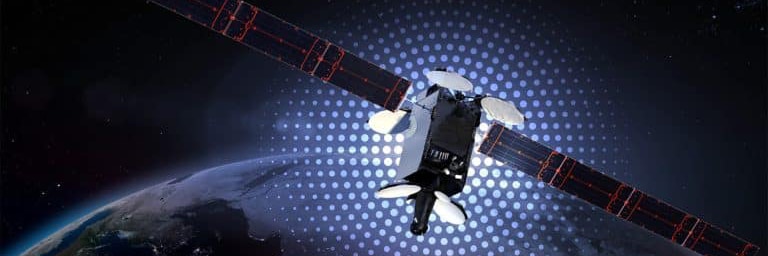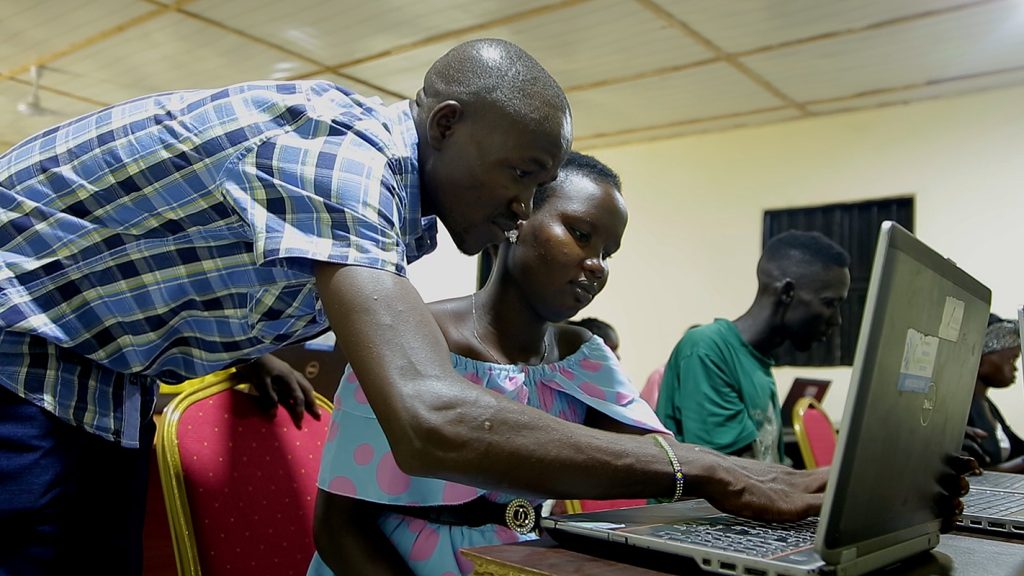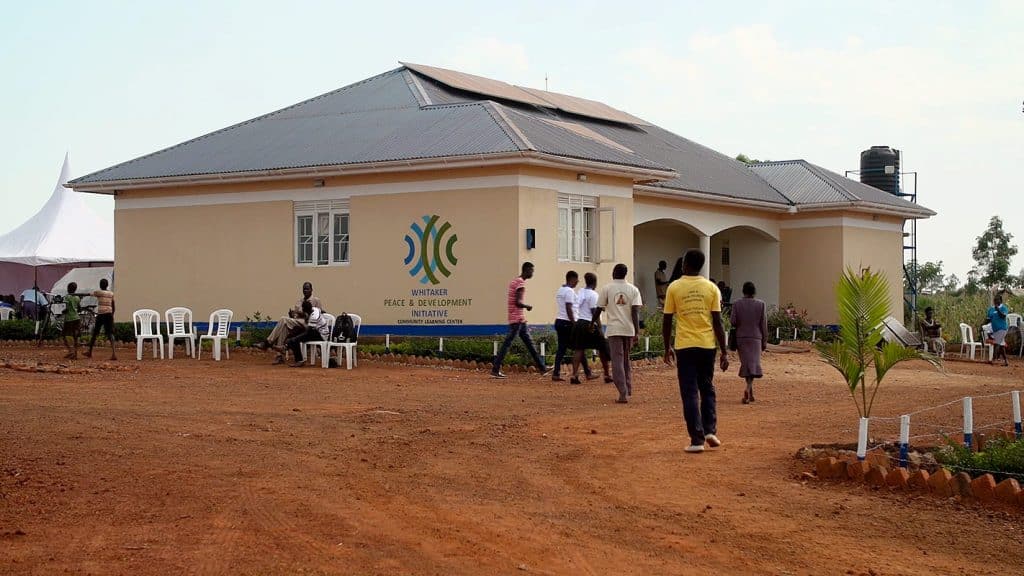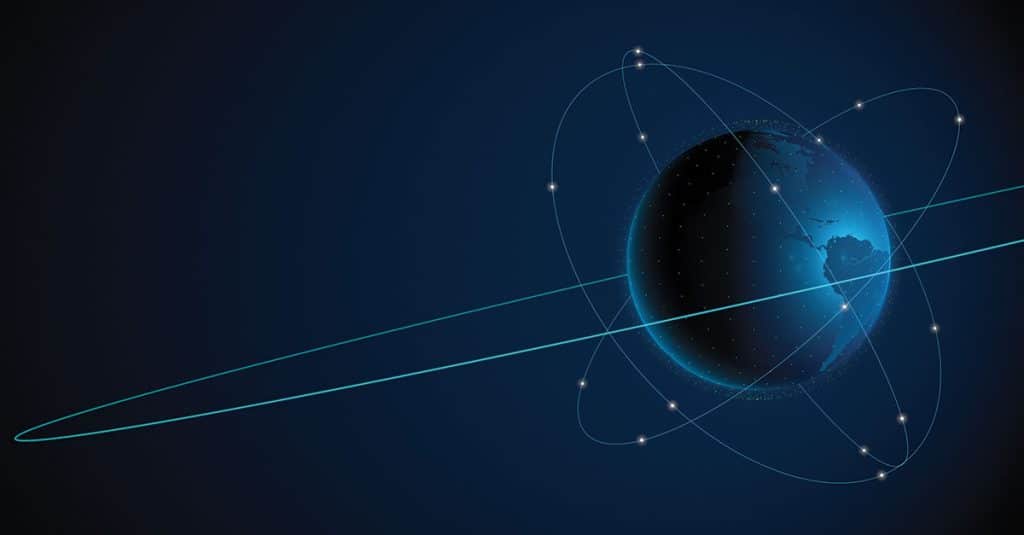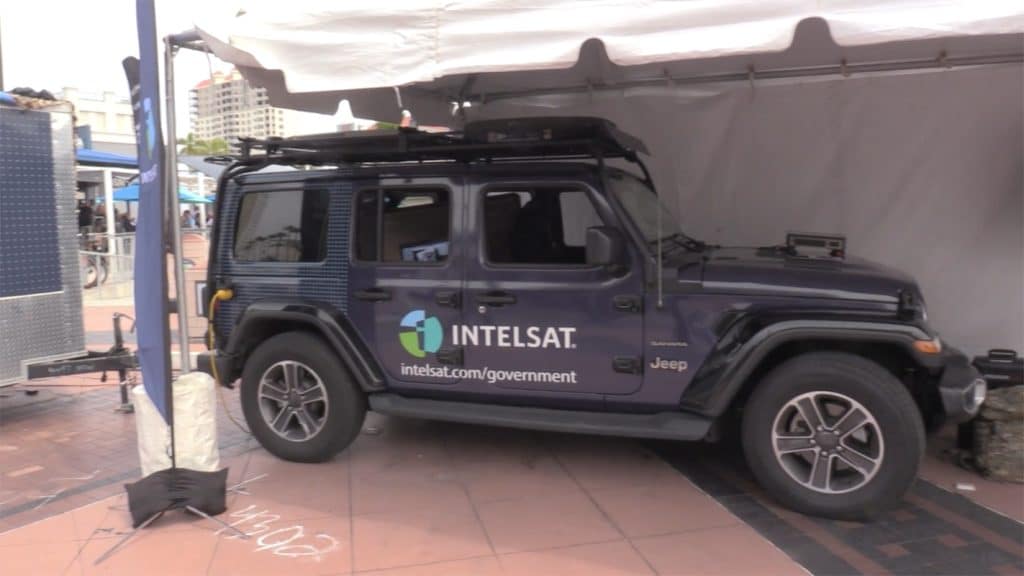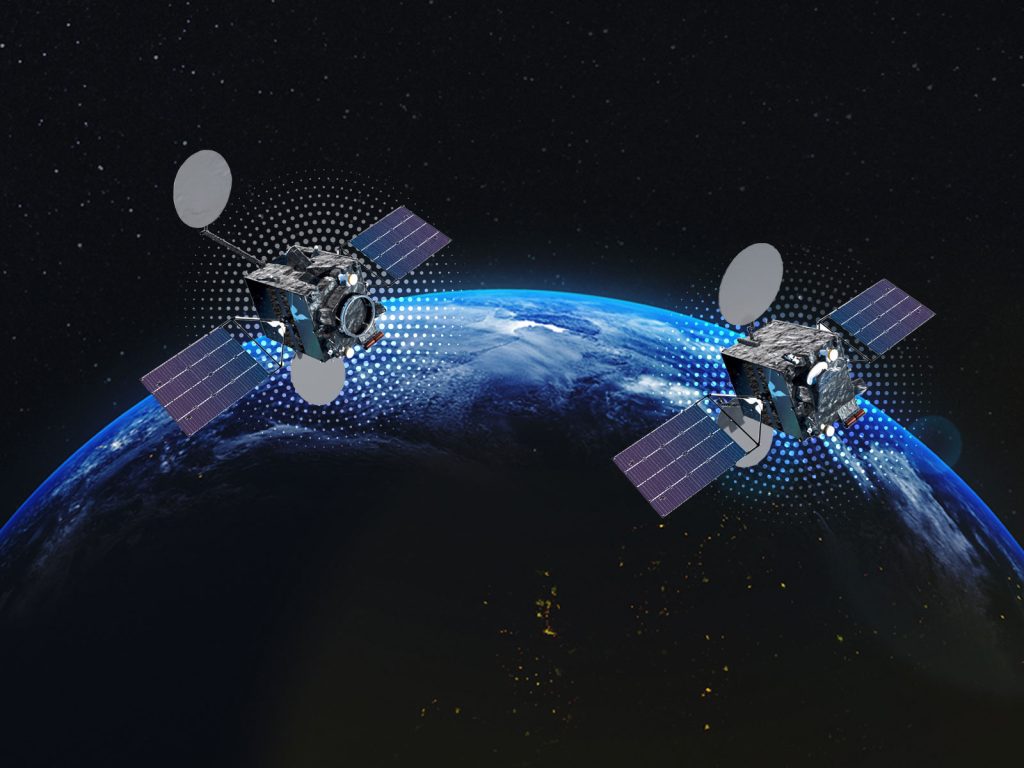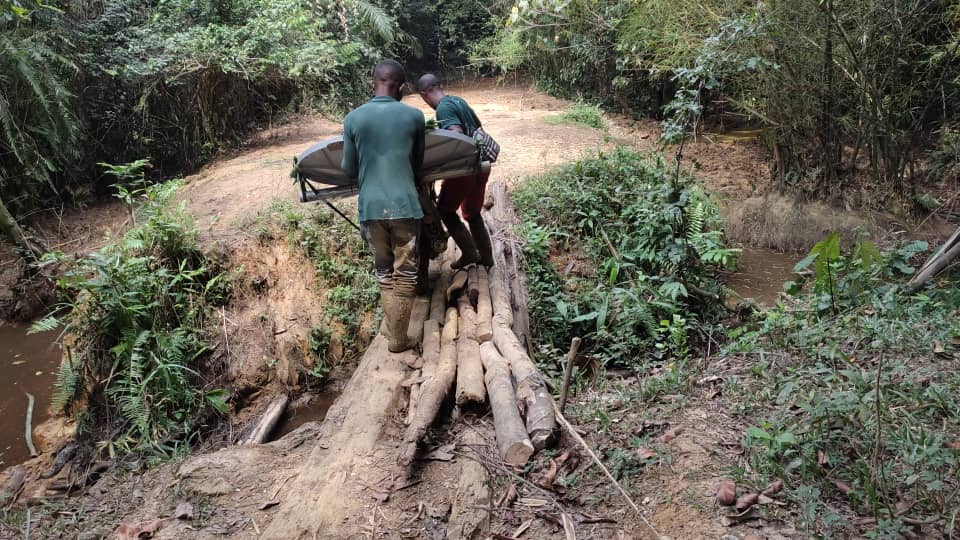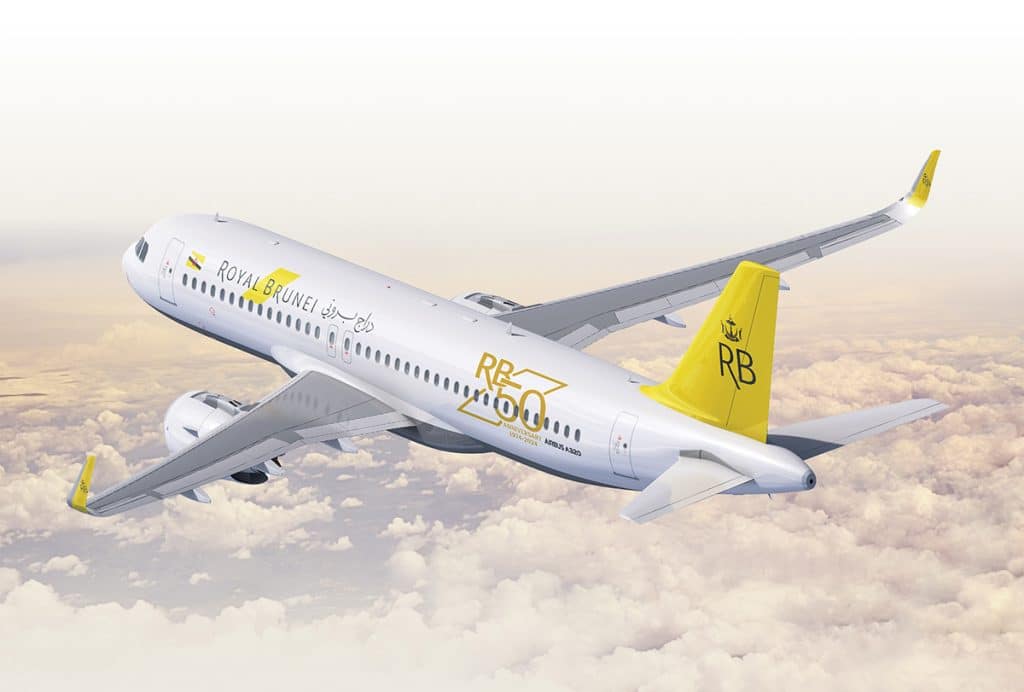Intelsat and MaxIQ Space STEM program: Prepping STEM Workforce of the Future
Intelsat Corporate Communications

MaxIQ Space STEM program is at its midway point for 2023, with results that have topped previous years as the program makes measurable progress throughout Africa. Science equipment kits were delivered to 30 student candidates across the African Continent. So far this year, MaxIQ saw the largest majority of students accepted to the program from Nigeria (13), followed by South Africa (10).
Working with MaxIQ, Intelsat is helping students understand the important role they play in building a STEM workforce pipeline in Africa by working on a space-focused assignment to develop a design for a habitat on Mars.The 2023 assignment is designed to challenge the participants to use their knowledge and skills to create something innovative and impactful.
“Watching these students grow and thrive in a STEM environment shows us what the future might look like with these young minds at the helm,” said Hans Geldenhuys, Intelsat Director of Sales, Africa.
The increase in applicants from Nigeria is a trend Intelsat has seen before in 2021.
Several factors could explain the strong representation including Nigeria’s large and rapidly growing population, with a significant proportion of young people who are eager to pursue STEM education and careers.
The increase could also be due to Nigeria’s significant investments in its space industry in recent years, with the establishment of the National Space Research and Development Agency (NASRDA) and the launch of several satellites. This has helped to create a supportive ecosystem for space-related education and research, with numerous universities and research institutes offering programs and facilities in this area.
Students will present their final assignments in June and finalists for Mission 2 will be chosen and announced at an awards ceremony in July.
To learn more about the program, click here.





